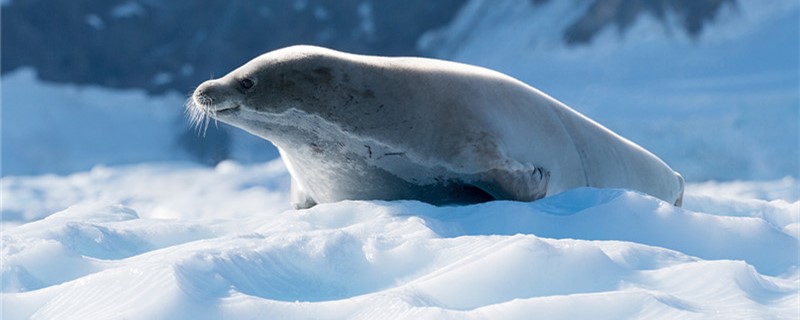
Seals are aquatic mammals that spend most of their time in the water. But they can't breathe in water. This is because the seal is a type of mammal that breathes with its lungs and therefore must be out of the water when it breathes. When a seal breathes, it may lift its head out of the water to breathe and then dive back into the water; In addition, they sometimes breathe directly onto land and then stay for a while before returning to the water.
Compared with other land animals, seals can last longer after a breath. The specific time that different seals can persist is different. Even the least persistent seals can go without breathing for about seven minutes after a breath. Seals that last longer can last for nearly an hour, sometimes more than an hour. This is because the body structure of seals is special, which makes them not breathe for a long time.
As mentioned above, seals are mammals, so they breathe with lungs. Breathing with lungs is a common feature of mammals, and lungs are unique respiratory organs of mammals. Some people think that seals live in water and breathe with gills like fish, but this is a wrong view. Because seals breathe with their lungs, they can't stay in the water all the time, because they can't breathe in the water, they can only breathe out of the water regularly to survive, otherwise there will be the possibility of drowning.